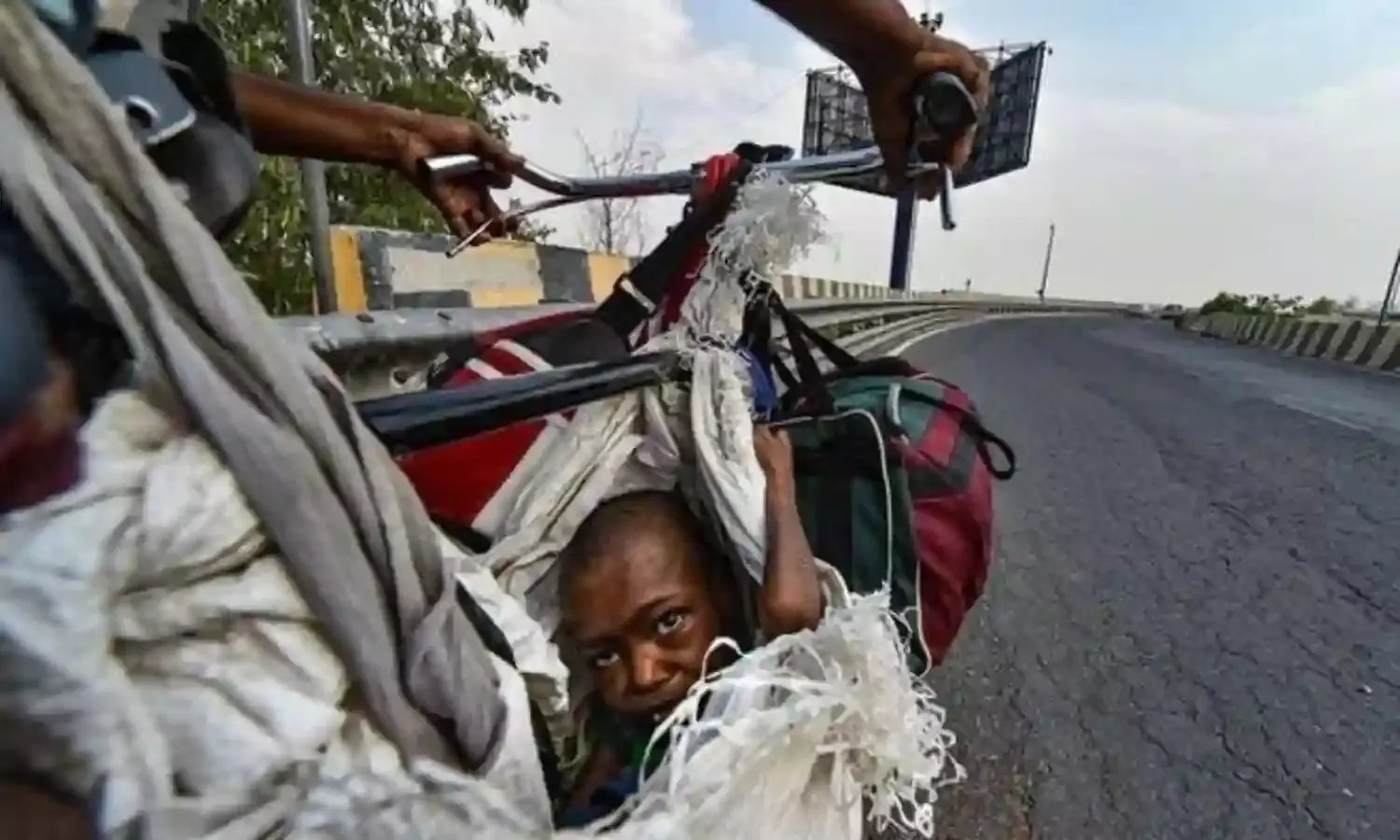Coronavirus and People with Disabilities
Simultaneous deprivation

It’s a very tough time for the whole world, this pandemic disease called Covid-19. Plans to get through the pandemic are now a major concern. One of the groups facing potential threats and effects, as well as much anxiety, are persons with disabilities and/or chronic diseases.
While simply having a disability probably doesn’t by itself put someone at higher risk from coronavirus, many people do have specific disabilities or chronic conditions that make the illness more dangerous for them (Pulrang 2020).
In India 2.2% of the total population in the 2011 Census, or 26.8 million people, were affected with one or more forms of disability. The World Report on Disability 2011 estimates that more than one billion people worldwide live with some form of disability – of whom nearly 200 million experience considerable difficulties in functioning, and face multiple issues like physical and psychological trauma, stigmas of being named according to their disability, so on so forth.
The pandemic of coronavirus has intensified these problems. I want to describe here some stories regarding people with disabilities.
I heard a crying voice at my doorstep. When I looked outside, an old man was crying. On interacting with him, I found out that he was a person with disability, crying because he had been starving for two days, even though he had money in his bank account (a pension provided by the government). The lockdown had added to his misery and with no means of transport he couldn’t access it which made him all the more helpless.
Two women with visual and orthopedic impairment interacted with me through phone calls and shared their experiences on this pandemic-lockdown. They were facing a financial crisis as they were unable to receive their pensions due to lockdown. The woman with visual impairment had a problem in her disability certificate so her pension was temporarily blocked, which continues in this lockdown, making her struggle to accomplish her basic needs. The girl with orthopedic impairment, who was living away from her hometown and working as a teacher, is also unable to collect her pension and has no income as her teaching job is at a halt in this lockdown, making it more challenging to meet her day-to-day expenditure.
The coronavirus pandemic has affected one and all but has given a blow to the marginalised groups. And to control this pandemic no doubt the lockdown is a step to bring a gradual flattening of the trajectory, but till then what about the poor and vulnerable sects? How will they survive?
Another person with disability interacted with me by sharing a video which conveyed his pathetic condition in this corona period. It was of beggars with disability leading a segregated life in a locality named ‘Langde-Lullon ki Basti’, the most vulnerable among the poor community living in the Vattepally area of Hyderabad. Here though the government aid reached with food for the poor, the disorderliness and rowdiness of the people there kept people with disabilities away from the crowd, and also kept away those people who came forward voluntarily to provide food to them.
Adding to their suffering the government started the supply of liquor which brought disruption to their state, as the people have no other work now than drinking and quarrelling.
According to Mondal and Mete 2012, while disability causes poverty, it is also possible that in a country like India, poverty causes disability. The combination of poverty and disability results in a condition of ‘simultaneous deprivation’.
I saw many videos mocking people with disabilities during this corona period circulating on social media, showing people acting as if they have a disability upon seeing the police, to escape their wrath, with a belittling song playing in the background. These are very unfortunate jokes which mock people with disabilities and oppress and estrange them towards the margins.
Disability is a very sensitive issue and adds to the brunt of being ‘other’, which is displayed through the acts and messages spread by the so-called able society even through social media. Videos making fun of people with disabilities, humiliating their identity, show that the attitudes of the non-disabled are proving to be a major barrier in the social integration of persons with disabilities (Coleridge 1993), thus oppressing the oppressed.
It is a human rights issue which needs to be focused upon and requires action.
The Rights of Persons with Disabilities Act in December 2016 repealed the old Act of 1995 to enact rights-based legislation in line with the provisions in the Convention on the Rights of Persons with Disabilities, whose definition of disability it adopted for non-discrimination. It covers the private sector, mentions timelines for making buildings and services accessible, and provides for the right to home and family, reproductive rights, the right to live in a community, protection from abuse and violence, access to justice, and other rights.
The measures legislated by this Act need to be seriously implemented in the corona period. The concerned authorities for the welfare of persons with disabilities and the Union Ministry of Social Justice and Empowerment should swing into action to alleviate the sufferings and address the pressing concerns of persons with disabilities.
Social media vigilance should be maintained to curb the miscreants from hurting the dignity and sustaining the rights of vulnerable groups.
Last but not least: health services are vital not only in combating the degree or extent of disability, but also its very incidence (Klasing 2007). Hence public health service provision should be boosted urgently.
Syeda Saba Quadri is a doctoral fellow at the Department of Social Work, Maulana Azad National Urdu University, Hyderaba
Cover Photograph PTI



